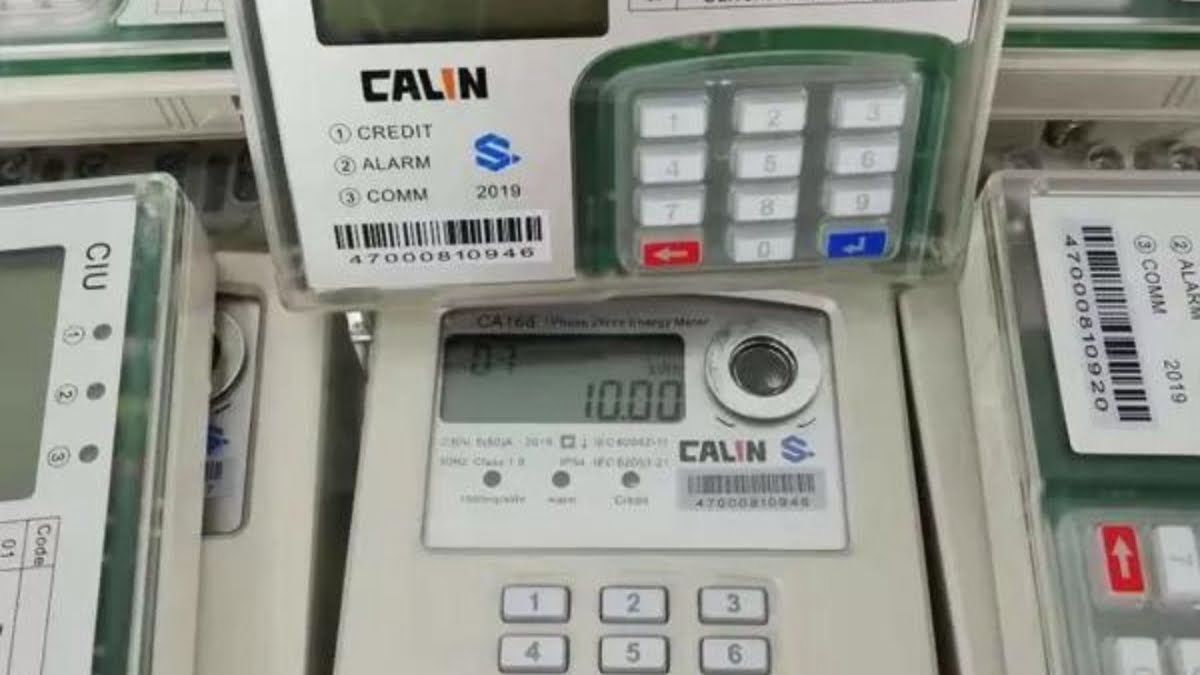The Kenya National Bureau of Statistics (KNBS) has sounded the alarm over a substantial increase in electricity costs, particularly impacting low and middle-income families in Kenya.
According to the October Consumer Price Index (CPI), the cost of 50.0 kilowatts of electricity has surged by 44.1% year-on-year to an average of KES 1,389.0, compared to KES 963.7 a year ago. This steep rise poses a significant challenge for the real estate sector, affecting both homeowners and businesses.
For middle-class households, the situation is equally dire. The cost of a 200-kilowatt power consumption now averages KES 6,686.0, marking a 30.3% increase from KES 5,133.1 in October of the previous year. This spike in power bills results in a notable reduction in disposable income, impacting families’ ability to manage various living expenses, including housing costs.
Economist Ken Gichinga warns that the heightened energy bills will inevitably lead to reduced spending on other goods and services. This ripple effect could extend to the real estate market as families and businesses reassess their spending priorities in the face of rising operational costs.
Several factors contribute to the escalating energy costs, including drought, high fuel prices, and currency depreciation, as pointed out by Beatrice Nyabira, a partner at Iseme, Kamau & Maema (IKM) law firm. The Energy and Petroleum Regulatory Authority’s (EPRA) November hike in the Fuel Energy Charge (FEC) by 16.3%, from KES 4.9 to KES 5.7 per unit, further exacerbates the situation, pushing the cost of a unit of electricity to about KES 28.0 for an ordinary domestic customer.
For the real estate sector, these developments are particularly troubling. Higher utility costs could discourage property investment and development, especially in sectors heavily reliant on electricity, such as commercial real estate and manufacturing. Moreover, the operational costs for maintaining properties, including shopping centers, office buildings, and residential complexes, will rise, potentially leading to increased rental and service charges.
The lack of transparency from Kenya Power in providing a detailed breakdown of the cost components contributing to the inflated bills has added to the challenges. EPRA director-general Daniel Kiptoo’s promise to reinstate the breakdown of electricity bills for pre-paid customers remains unfulfilled, leaving consumers and businesses in the dark.
President William Ruto’s decision to end the subsidy program, as part of measures prescribed by the IMF, triggered the initial rise in electricity prices. This move, aimed at reducing the strain on the country’s revenues, has had a cascading effect on the real estate sector, straining the budgets of property owners and renters alike.
As Kenya grapples with these challenges, the real estate sector must brace for the impact of these higher costs, potentially slowing down growth and investment in the industry. The need for energy-efficient solutions and sustainable practices in property development and management has never been more urgent, as stakeholders seek ways to mitigate the financial burden of soaring electricity prices.


















